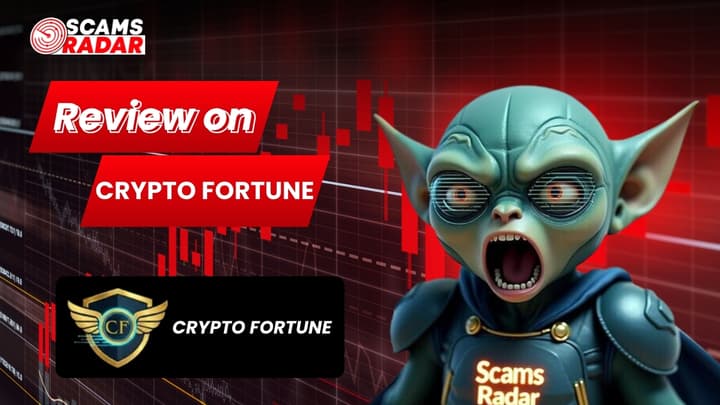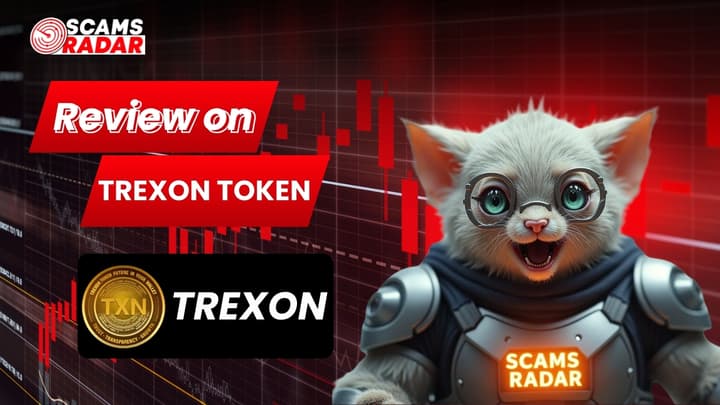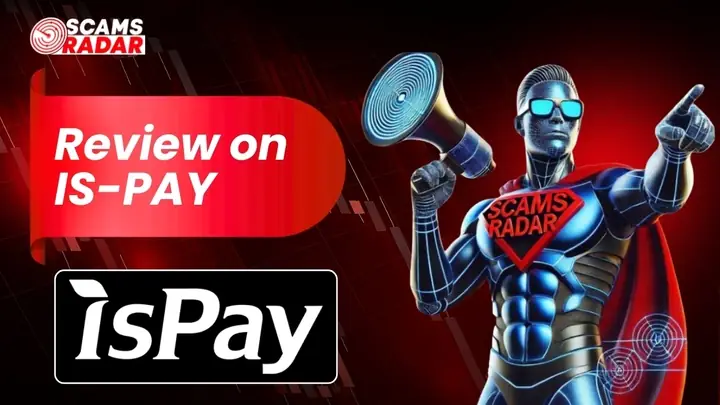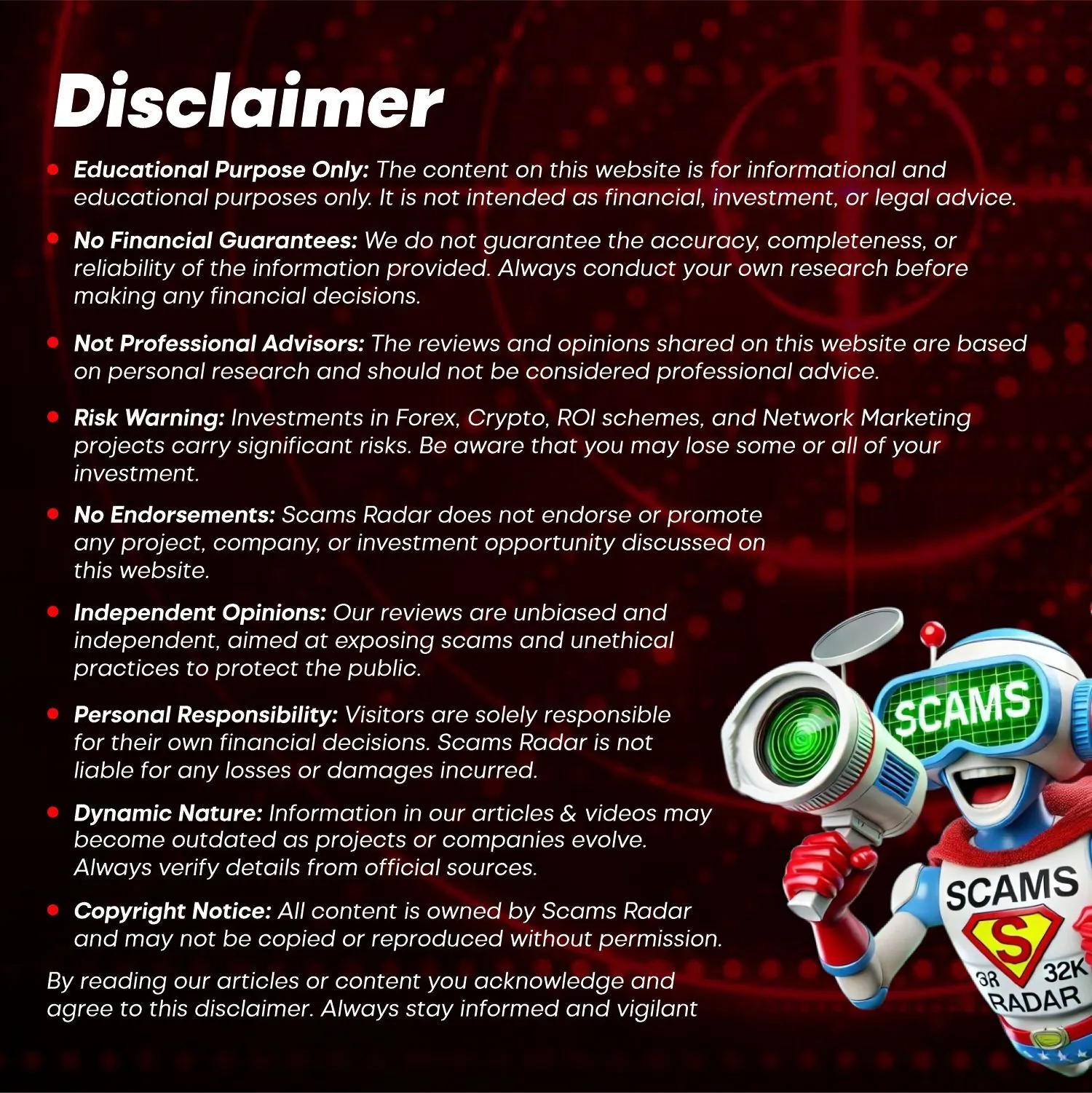This Mosaic Alpha review by ScamsRadar examines the platform’s legitimacy, focusing on its ownership, compensation plan, and risks for investors. Marketed as a decentralized crypto investment platform on mosaicalpha.com, it offers token baskets and affiliate earnings. However, serious concerns about transparency and sustainability raise red flags. Read on to understand the platform’s operations, risks, and whether it’s a safe choice for your investments.










